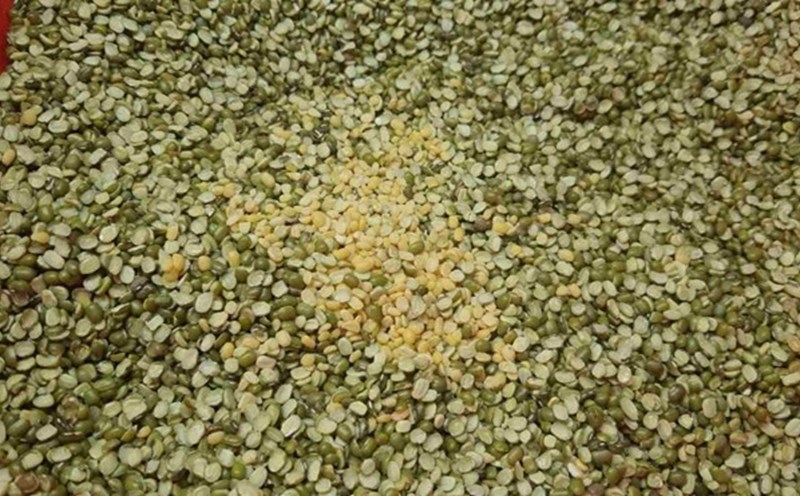Avocado
Avocados are rich in oleic acid, a monounsaturated fat that helps reduce inflammation, reduce bad cholesterol (LDL) and increase good cholesterol (HDL), thereby reducing the risk of non-alcoholic fatty liver disease (NAFLD).
Avocado is also rich in glutathione, a powerful antioxidant that helps detoxify liver cells. You should eat 1/2 avocado per day as part of a liver protection diet.
Nuts ( dog breed, almonds)
Walnuts contain a large amount of plant-based omega-3s (ALA) - fatty acids with powerful anti-inflammatory effects. One study shows that people who consume 28g of walnuts per day have more stable kidney function and a lower risk of cirrhosis than those who do not eat nuts.
Almonds, although less omega-3s, are rich in vitamin E - an antioxidant that helps prevent oxidative stress in liver and kidney cells. However, it is necessary to limit salt and sugar when choosing roasted nuts.
Whole olive oil
Olive oil is the foundation of the Mediterranean diet - a regimen that has been shown to reduce the risk of non-alcoholic fatty liver disease by up to 35%.
The monounsaturated fats in olive oil help improve insulin sensitivity, reduce visceral fat and reduce fat accumulation in the liver. At the same time, olive oil also has mild diuretic properties, helping to support the filtering process of the kidneys.
Fatty fish
Salmon, mackerel, and sardines all contain large amounts of EPA and DHA, two long-chain omega-3s that play an immune-regulating, anti-inflammatory role and protect liver and kidney cells from damage caused by chronic inflammation.
Flaxseeds
Although flaxseeds are small, they are rich in ALA ( alpha-linolenic acid) - a form of plant omega-3, along with lignan, a polyphenol compound with anti-inflammatory and anti-liver fibrosis properties.
According to the National Institutes of Health (NIH), consuming 1-2 tablespoons of ground flaxseed per day helps improve liver enzymes in NAFLD patients, while reducing filter pressure in the renal plateau, especially in people with metabolic syndrome.
Notes when using good fats:
Although it is good fat, the amount consumed still needs to be moderated: 20-35% of total energy/day.
Avoid processing at too high a temperature (pre-fried, fried) because it will oxygenate beneficial fats.
Combine with green vegetables, fresh fruits and reduce sugar and salt to achieve optimal results in protecting the liver and kidneys.











